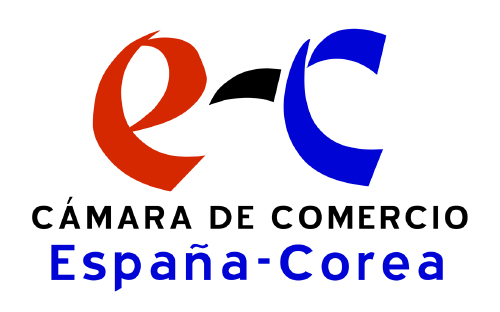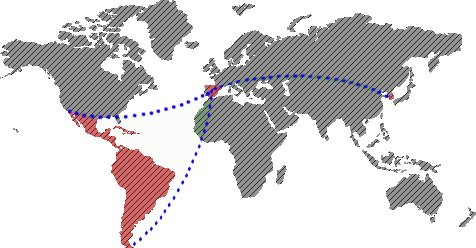South Korea is, in the opinion of many media, the country that has best fought the coronavirus. The success of the fight against the pandemic is based on a great combination of technology, social awareness and rapid coordination of authorities to stop the spread of the virus before the contagion escalated.
The document Flattening the curve on Covid-19: How Korea responded to a pandemic using ICT explains what steps the Korean government has taken to stop the spread of the disease.
First of all, the key has been social distancing and technology, through rapid testing, quickly tracking the virus and its infectees, helping patients recover and, in short, flattening the infection curve, something that it has been working on. The applications are secure channels to alert citizens if they have been anywhere that coincides with the movement of an infected patient, allowing them to be tested quickly if necessary.
Another of the most useful tools in Korea has been a teleworking platform (Smart working) and a website providing information on remote work solutions companies. In this field, cybersecurity has also been strengthened, with the creation of a secure network for teleworking by government employees, the creation of a dedicated platform with educational content for students, and the strengthening of telemedicine through mobile applications and remote treatment of patients along with self-diagnosis.
The technology has also allowed them to carry out predictive research on the spread of Covid-19 through movement maps created from information from telecommunications operators or applications that warn citizens through an alarm if they are less than one hundred meters from where a contagion has been geolocated. Many other countries are taking inspiration from the Korean model to combat the virus and return to normal as soon as possible.
Thus, South Korea has combated Covid-19 by putting its Korean Center for Disease Control (KCDC) at the center of the response to the health crisis. By law, the KCDC has the task of directing all health operations, and to this end it enjoys exceptional executive powers, with authority over the police and the judiciary for the purposes of its mission. Thus, all anti-pandemic measures (detection, tracing, isolation from hospitalization, emergency authorizations and approvals, etc.), as well as all necessary administrative and legal instruments, are placed under a single management. This remarkable cohesion has enabled a very rapid and vigorous response.
Finally, now under the leadership of a professor of medicine with experience in the fight against the previous epidemic, the CCDC enjoys a relatively independent and universally recognized authority, and its action has been beyond the reach of strong political criticism. The rapid and massive implementation of the already well-known doctrine of screening and isolation was made possible by this original legal and political context, not to mention the mobilisation of the health industry for the design of the tests already in the first half of January. On 15 April 2020, the day of the legislative elections under high health protection, the lifting of the existing measures has not been announced and no schools will be opened. As long as we have neither vaccine nor therapy, the CCDC will maintain its pilot role and its powers of exception. During this waiting period, the Korean Government is working with civil society and the education community to devise a more acceptable temporary consensual modus vivendi, but without compromising the anti-Covid-19 doctrine.





